Leveraging Our Technology to Represent Your Business’s Unique Constraints
On this installment of Real Bites, Philip Higginbotham discusses how making assumptions in decision-making can lead to infeasibilities and errors.
In today’s fast-paced business world, companies are constantly looking for ways to optimize their operations and increase efficiency. One way they do this is by utilizing technology to model their business processes, which allows them to make data-driven decisions that can have a significant impact on their bottom line. However, when using a template model, businesses may run into constraints that cannot be explicitly represented in the pre-defined system.For example, imagine a mining company that needs to get its product out of ports and into the hands of customers.
The ports have specific constraints such as certain-sized ships only being able to enter certain-sized docks. If these constraints are not represented explicitly in the technology being used, the company may receive unrealistic answers that could negatively impact its operations.
This is where RiverLogic comes in. Their technology provides businesses with five cost buckets and the ability to represent unique constraints specific to each individual enterprise explicitly. This allows decision-makers to better understand how these constraints affect their operational decisions because they can see them clearly. RiverLogic’s approach is similar to what we see in other industries such as aviation and construction where safety procedures are highly regulated due to potential life-threatening consequences if not followed correctly. In these industries, any process or decision must be backed up with concrete data before implementation. Another real-world scenario where RiverLogic’s technology could prove invaluable is in manufacturing train cars or other complex equipment.
The last step before delivery often involves painting the product which requires precise measurements of dimensions such as length or height so that it can fit through an automated painting assembly line without getting stuck or causing any damage. However, if one person was responsible for making all of the decisions regarding car placement for painting locations based on size limitations and then retires without sharing this knowledge with anyone else within the organization – it could cause significant problems down the road. By utilizing RiverLogic’s modeling system which represents all relevant information explicitly within its software program (including size limitations), businesses can ensure that they are making informed decisions with the most up-to-date information available. This can help them stay ahead of their competition, increase efficiency, and ultimately save money.
In conclusion, it’s clear that RiverLogic’s technology provides a unique solution to an age-old problem in business – how to make data-driven decisions with all relevant information explicitly represented. Because their software allows for custom inputs and constraints, businesses can now optimize their operations while avoiding unrealistic answers that could negatively affect their bottom line. Whether you’re in the mining industry or manufacturing complex products like train cars – RiverLogic could be a game-changer for your business operations.



